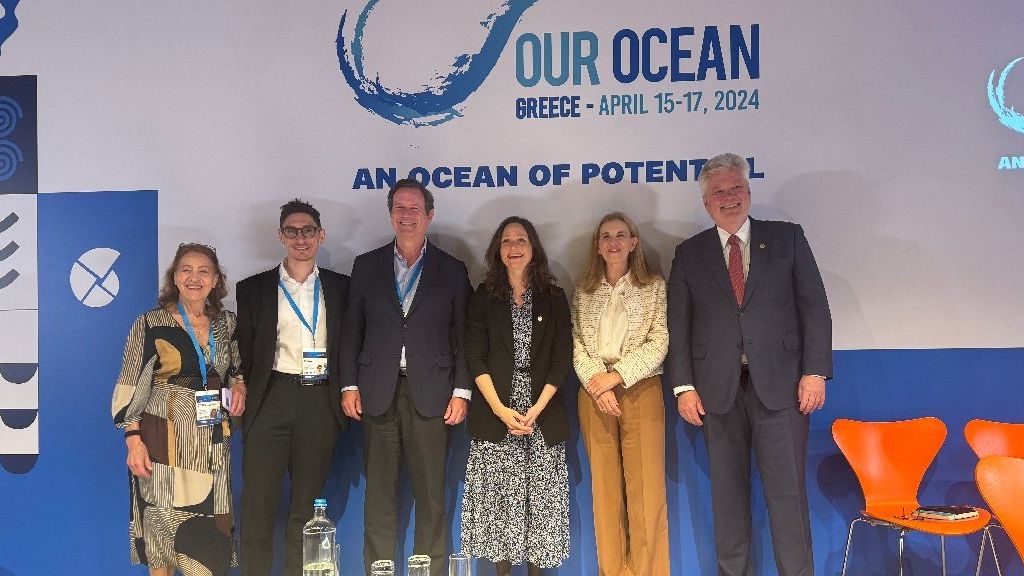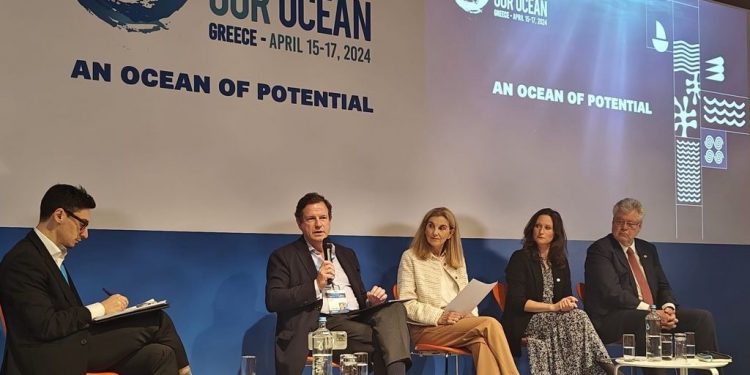Speaking at the Our Ocean Conference taking place this week in Athens, ICFA chair Javier Garat made the point that without a balanced approach, people starve – and stated that practical efforts are needed, not more platitudes.
He spoke at the Food security: The role of sustainable aquatic blue foods in the green transition side event organized by the European Bureau for Conservation and Development (EBCD) and said that the conference heard a lot about protection, degradation, saving the oceans, MPA, no take zones, and more
‘But too little about people, about sustainable use of the natural resources, about sustainable management, about livelihoods, about blue foods, about feeding the world or about employment. Without a balanced approach, people starve,’ he said.

‘As the world’s population continues to grow, ensuring a stable food supply is a critical global task. The supply of fisheries products from the earth’s oceans, which cover 70% of the planet, is an important component of global food security in order to provide sustainable, high-quality fisheries products for both current and future generations. A balance among conservation, sustainable use of natural resources and food security is important.’
He commented that effective fisheries management is strongest tool there is, able to simultaneously protect ocean health while also fostering human development.
‘Active fisheries management works. Lines on a map don’t,’ he said.
‘Focusing solely on creating Marine Protected Areas without considering the sustainable use of marine resources and the needs of coastal communities may have detrimental effects on food security and livelihoods. We need to take into account that we hear a lot about reduction of fishing effort, reduction of fish production and a lot of promises for a better future for fishermen, but we don’t talk about where this food will be coming from, how much food is needed, how will it be produced and the environmental impact that this will have.’
Javier Garat stated that the fishing industry is committed to being an active participant in solutions for climate change resilience.
‘It is crucial to recognise that fisheries products, with their low carbon footprint and essential nutritional value, play a pivotal role in achieving global climate objectives. Fisheries can be part of the solution for a sustainable and healthy future.









